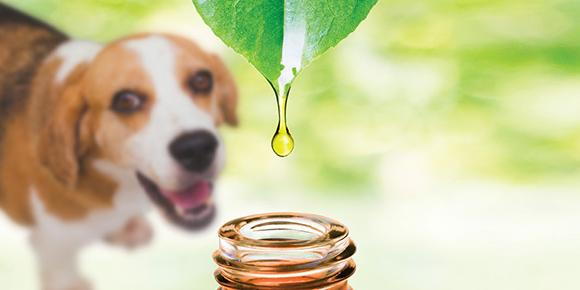
Safety Concerns with Essential Oils and Pets
What are essential oils?
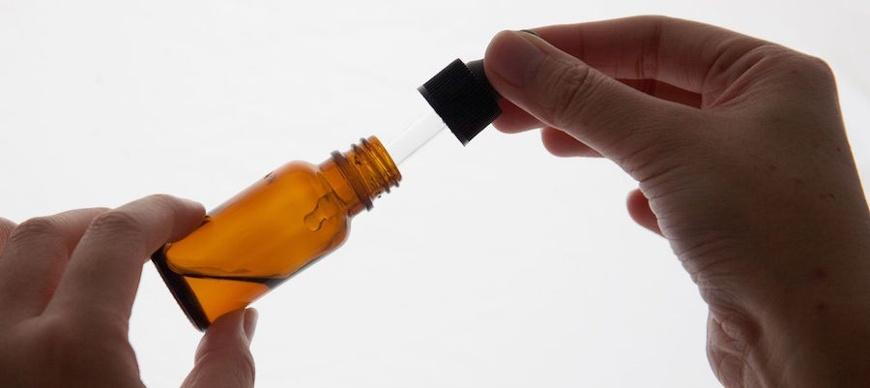
Let’s talk about the word essential first.
When used in the phrase ‘essential oils’ the word essential does not mean ‘needed’ or ‘required’. The ‘essential’ in ‘essential oils’ actually comes from the word ‘essence’ - meaning: a substance obtained from a plant, drug or the like, by distillation, infusion, etc., and containing its characteristic properties in concentrated form.
Essential oils are concentrated extracts from plants that readily evaporate into the air. The vapors or fumes that are created with this evaporation (also known as Volatile Organic Compounds or VOCs) contain a variety of chemical compounds: phenols, hydrocarbons, phenylpropanes, etc.

These compounds are what create the distinctive odor, however, they are not without risk; some can be toxic and cause serious illness through extended exposure if you use them around your pets.
Humans and essential oils…
Most people use essential oils for the smell. Smells can trigger emotions in us humans.
Certain smells can trigger feelings of well-being, calmness, happiness or energy. Acting in this way certain oils have the potential for stress relief and pain relief. Other oils can have antifungal and anti-inflammatory properties.
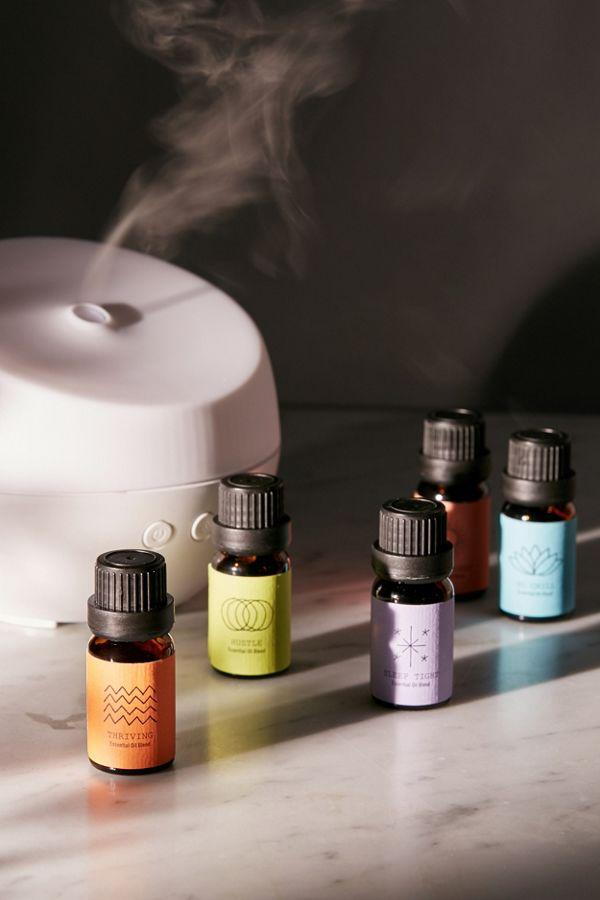
However, essential oils also have their risks – some people have developed serious rashes and chemical burns from topical use, and what might be a pleasant smell that triggers relaxation in one person may cause headaches and nausea in someone else.
Essential oils should never be ingested, no matter how ‘pure’ they are. Even topical use is not without risk as they can absorb through the skin. Certain oils can cross the placenta and have been linked to miscarriage. Popular oils like lavender and tea tree oil have been linked to abnormal breast development in young boys. The active ingredient in lavender oil is linaool. Linaool has been shown to be cytotoxic to human skin cells. (https://www.ncbi.nlm.nih.gov/m/pubmed/15144499/)
Pets and essential oils…
Different species of animals have different metabolic pathways. This means that what is safe in humans is not necessarily safe in your pet. Some essential oils are very toxic to pets, others seem safer. Unfortunately essential oils have not been studied well in pets and so we are unable to recommend or advise on essential oil use in your pet.
The lists and links provided below are a guideline as to what oils are potentially harmful, however, as individual sensitivity will vary, some pets may react adversely to compounds not on these lists.
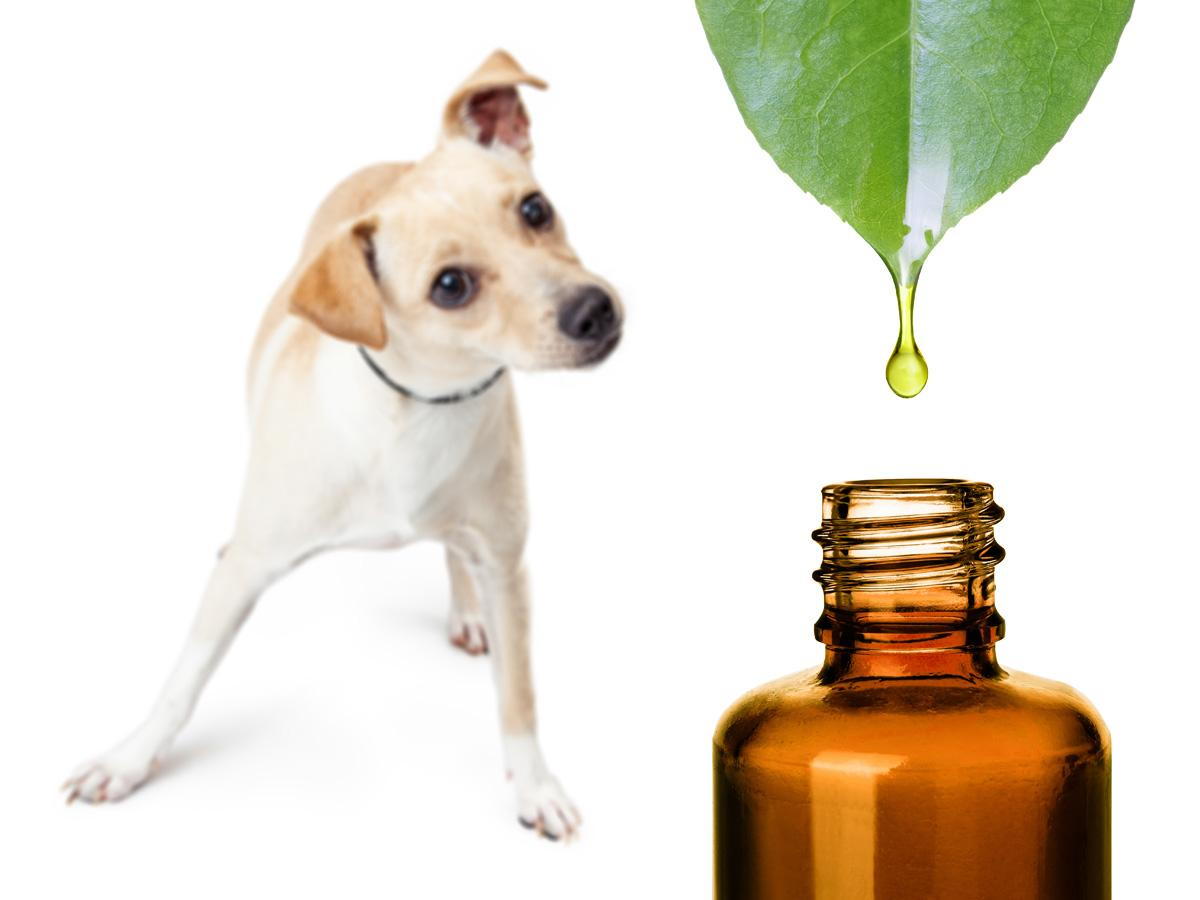
Essential oils can be toxic for reptiles, birds and small mammals such as hamsters, guinea pigs, cats, dogs and ferrets.
Reptiles and birds are especially susceptible to the fumes, and generally speaking the smaller the animal, the more risk. Even cats and dogs can have serious problems when exposed to some of these products. Cats’ livers cannot metabolize some of the compounds in essential oils and therefore, they tend to be more susceptible to toxic effects.
Essential oil diffusers work by ejecting tiny droplets into the air. These droplets can then be breathed in - causing respiratory problems. The droplets can also land on your pet's fur and pets will ingest the essential oil when they lick and groom themselves. The droplets also land on the floor and furniture and thus picked up onto the pet’s feet and fur and then licked off while grooming themselves. This means that you should not use diffusers when pets are in the house and you should never apply essential oils to a pet’s skin or fur.
Keep in mind that the human sense of smell is much less acute than that of most animals and therefore, what may be a faint, pleasant smell to us might be more akin to being trapped in an elevator with someone with too much perfume for your pet.
Risks with essential oils:
Applied to the skin:
- If your pet is allergic or sensitive to a particular compound it could cause inflammation, irritation, burning or blistering of the skin.
- Pets will lick and therefore ingest these products if applied to the skin.
Ingesting:
- Inflammation and irritation to the mouth, tongue and esophagus.
- Toxicity to organs and organ failure.
Inhaling:
- Inflammation of the airways causing cough, breathing problems, asthma, and bronchitis.
- Overpowering smell for the pet.
Exposure to even a small amount can cause problems in some individuals.
| If you are looking for calming effects there are safer and more effective ways to achieve this. There are calming supplements available that are safe for pets and calming pheromone diffusers that are completely safe work well for cats and dogs. We recommended speaking with a veterinarian for advice on what may work for your pet. |
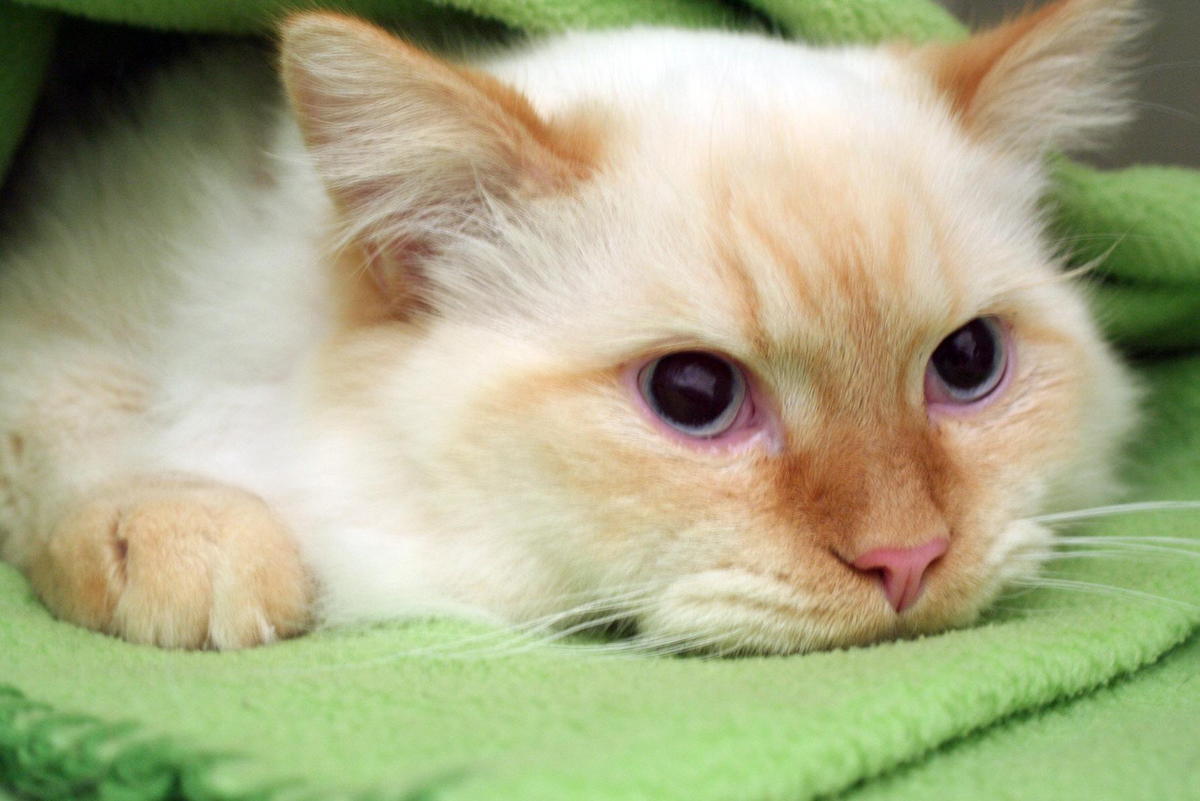
Oils potentially harmful to cats include:
Wintergreen, Sweet birch, Citrus (d-limonene), Pine, Ylang ylang, Peppermint, Cinnamon, Pennyroyal, Clove, Eucalyptus,Tea tree (melaleuca), Thyme, and Oregano.
http://www.petpoisonhelpline.com/blog/essential-oils-cats/
Essential Oil and Liquid Potpourri Poisoning in Cats:
https://vcahospitals.com/know-your-pet/essential-oil-and-liquid-potpourri-poisoning-in-cats

Oils potentially harmful to dogs include:
CinnamonCitrus (d-limonene), Pennyroyal, Peppermint, Pine, Sweet birch, Tea tree (melaleuca), Wintergreen, Ylang ylang, Anise, Clove, Thyme, Juniper, Yarrow, Garlic.http://www.petpoisonhelpline.com/pet-safety-tips/essential-oils-dogs/
Essential Oil and Liquid Potpourri Poisoning in Dogs:
https://vcahospitals.com/know-your-pet/essential-oil-and-liquid-potpourri-poisoning-in-dogs
Keep your furry and feathered friends safe!
Please use caution if you are using essential oils with pets in the house.
https://www.foundanimals.org/essential-oils-toxic-pets/
